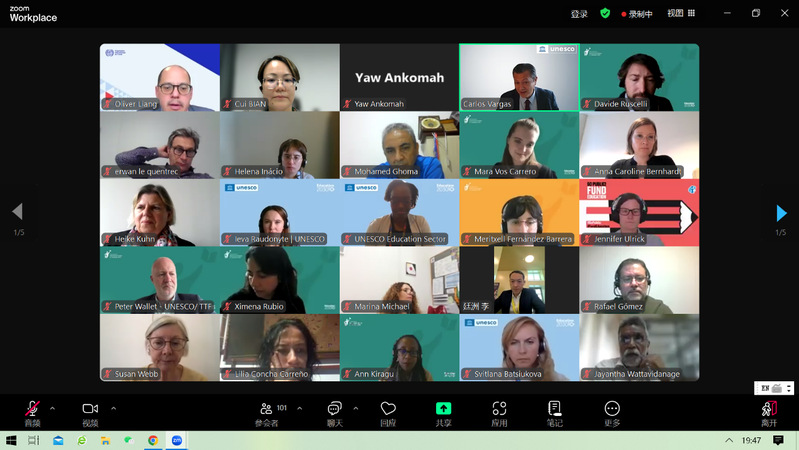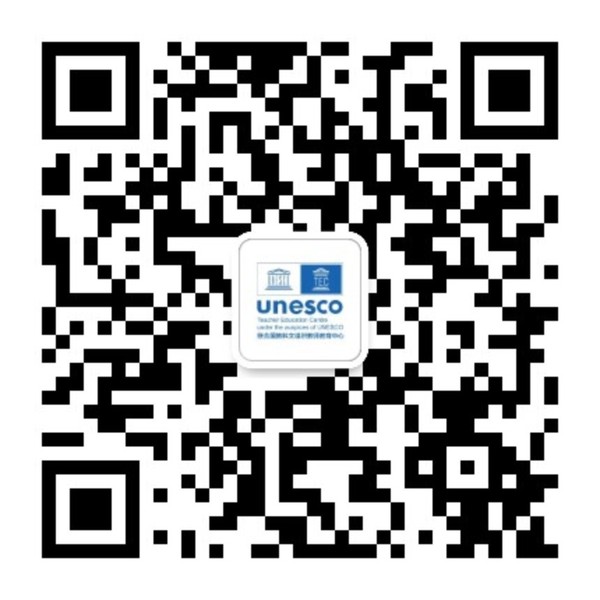On the evening of June 18, the UNESCO Teacher Task Force and the International Labour Organization (ILO) jointly held an online consultation meeting on revising policy recommendations. The policy reports under discussion were the 1966 ILO/UNESCO Recommendation concerning the Status of Teachers and the 1997 UNESCO Recommendation concerning the Status of Higher Education Teaching Personnel. Entrusted by the Department of Teacher Work of China’s Ministry of Education and invited by the meeting organizers, Researcher Li Tingzhou and Associate Researcher Bian Cui from the Centre participated online and delivered speeches. Over 100 government officials, expert representatives, and international organization representatives from various regions worldwide attended the meeting.

The Recommendation concerning the Status of Teachers (1966) and the Recommendation concerning the Status of Higher Education Teaching Personnel (1997) have set international standards for the rights and responsibilities of educational professionals at different levels of education globally. These standards have served as the basis for countries to formulate effective teacher policies, set national standards, and guide practices. However, over the past few decades, significant changes have taken place in global economic, political, cultural, and social spheres. Some emerging phenomena, particularly advancements in technology, have exerted a profound impact on education and the teaching profession, presenting challenges beyond the scope originally envisaged in the two documents.
Drawing on China’s policy practices and research, and within a global framework, Researcher Li Tingzhou and Associate Researcher Bian Cui put forward recommendations for revising the policy reports from four perspectives: the public nature of the teaching profession, institutional design for teacher professional development, the safeguard system for teachers’ professional status, and the rational design of teacher salary systems.




